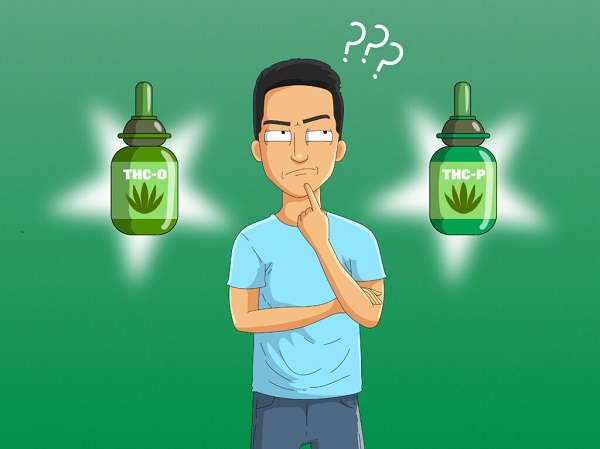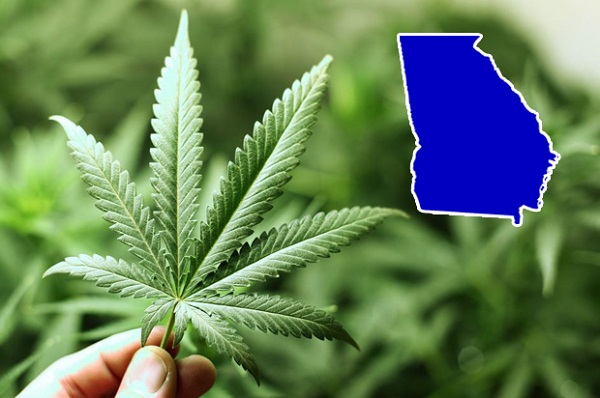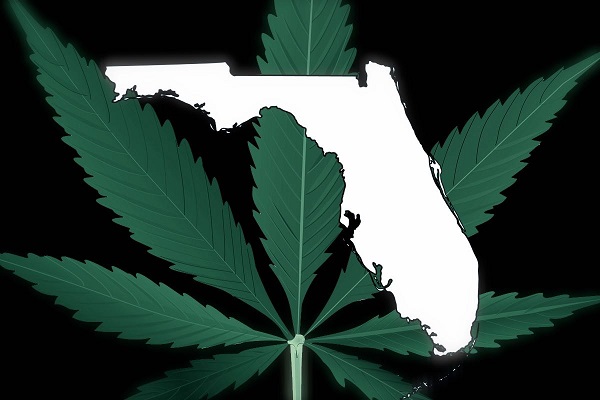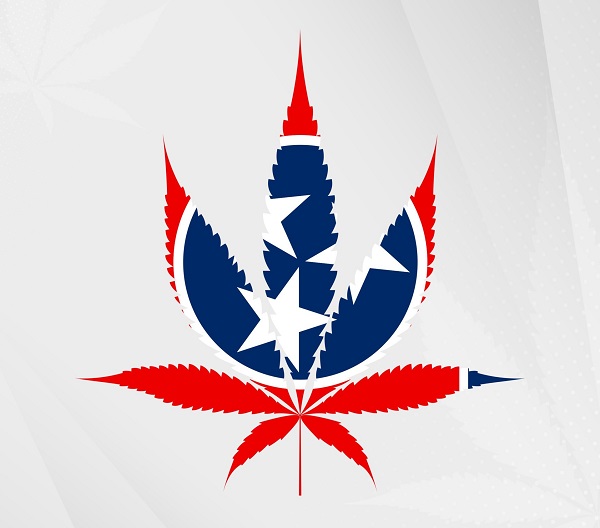In recent years, the cannabis industry has witnessed a surge in the development and availability of new cannabinoids. Among the most recent additions to this list are THC-O and THC-P, which have gained popularity among cannabis users for their unique psychoactive effects. Despite the similarities in their names and chemical structures, THC-O and THC-P are distinct compounds with different properties and effects. In this article, we will explore the differences between THC-O and THC-P, their potential benefits and drawbacks, and their legal status. We will also discuss the potential risks associated with the use of these compounds and their impact on the cannabis industry. Whether you are a cannabis enthusiast or a curious individual interested in the latest developments in the field, this article will provide you with valuable insights into the world of THC-O and THC-P.
Discovery of THCP and THC-O
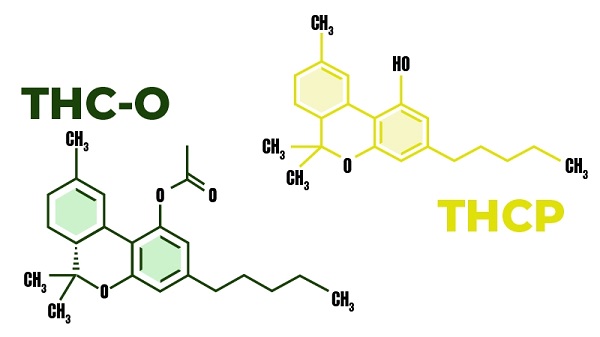
THCP (tetrahydrocannabiphorol) and THC-O (delta-8-tetrahydrocannabinol acetate) are two of the newest cannabinoids to be discovered. THC-O was first synthesized in the 1940s, but it wasn’t until recently that it gained popularity in the cannabis industry. THCP, on the other hand, was discovered more recently, in 2019.
THCP was first identified in Italy during a study examining the chemical profile of various cannabis strains. The researchers found that one strain contained unusually high levels of an unknown cannabinoid, which they later identified as THCP. Since then, THCP has been found in other cannabis strains, although it remains relatively rare compared to other cannabinoids.
THC-O, meanwhile, was first synthesized in the 1940s by a chemist named Roger Adams. However, it wasn’t until recently that it gained popularity in the cannabis industry. THC-O is synthesized from delta-8-THC, which is extracted from hemp, and is believed to be more potent and longer-lasting than traditional THC.
Both THCP and THC-O are still relatively new to the market, and research into their properties and effects is ongoing. It is unclear at this time how these compounds will fit into the larger cannabis industry, but they have generated a lot of interest and excitement among cannabis enthusiasts.
THC-O vs THCP: The main differences
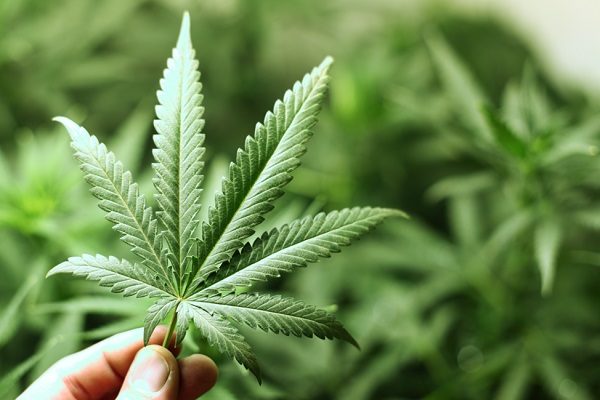
THC-O and THCP are two of the newest cannabinoids to hit the market, and while they may sound similar, there are some significant differences between the two.
Chemically, THC-O and THCP are both analogues of delta-9-tetrahydrocannabinol (THC), the primary psychoactive component of the cannabis plant. However, their chemical structures differ in subtle ways, leading to distinct pharmacological properties.
THC-O, or delta-8-tetrahydrocannabinol acetate, is synthesized from delta-8-THC, which is extracted from hemp. It is believed to be more potent than delta-9-THC, with some users reporting more intense psychoactive effects and longer-lasting highs. It is often marketed as a more “intense” or “euphoric” alternative to traditional THC.
THCP, on the other hand, is a cannabinoid that has a much larger molecular structure than THC-O and delta-9-THC. It is believed to be up to 30 times more potent than delta-9-THC, with some users reporting intense, long-lasting effects even at lower doses. THCP may also have greater affinity for CB1 receptors, which are responsible for the psychoactive effects of THC.
Will THC-O get you higher than THCP?
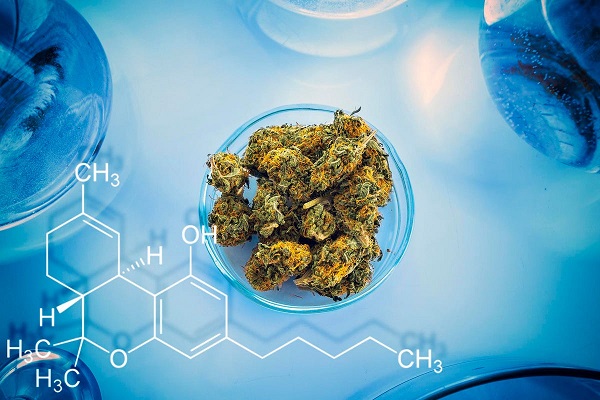
Both THC-O and THCP are relatively new cannabinoids, and their effects on the human body are not yet fully understood. However, early research suggests that THCP may be more potent than THC-O.
THC-O is believed to be more potent than delta-9-THC, the primary psychoactive component of the cannabis plant, with some users reporting more intense psychoactive effects and longer-lasting highs. It is often marketed as a more “intense” or “euphoric” alternative to traditional THC.
THCP, on the other hand, is believed to be up to 30 times more potent than delta-9-THC, with some users reporting intense, long-lasting effects even at lower doses. However, THCP’s effects on the human body are still being studied.
It is important to note that the effects of these compounds can vary depending on a variety of factors, including the individual’s body chemistry, the dosage, and the method of consumption. As with any cannabinoid, users should approach THC-O and THCP with caution and only use them under the guidance of a healthcare professional.
Why does THCP cause a more potent high than THC-O?
It’s not entirely clear why THCP is believed to be more potent than THC-O or other cannabinoids. However, there are several factors that could contribute to its increased potency.
- One possibility is that THCP has a higher affinity for cannabinoid receptors in the body, particularly the CB1 receptor, which is responsible for the psychoactive effects of THC. Research has shown that THCP has a much larger molecular structure than other cannabinoids, which may allow it to bind more strongly to these receptors and produce a more intense effect.
- Another possibility is that THCP is more easily absorbed by the body than other cannabinoids. Research has shown that the way in which a cannabinoid is delivered to the body can have a significant impact on its effects. THCP may be more easily absorbed by the body due to its larger molecular structure, which could allow it to produce a more potent high.
Are THC-O and THCP stronger than HHC?
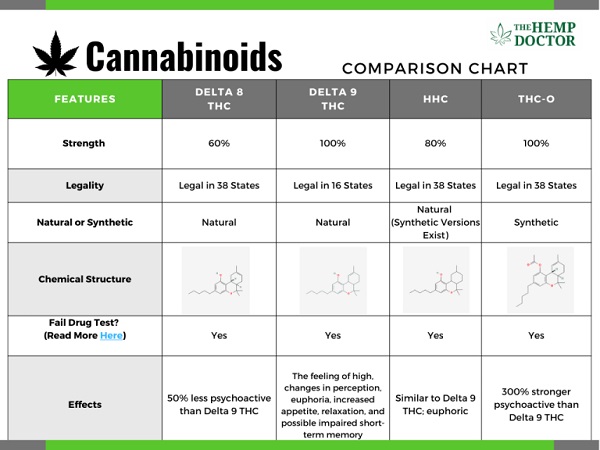
HHC (hexahydrocannabinol) is another lesser-known cannabinoid that has also been marketed for its potency and effects. However, it’s difficult to directly compare the potency of these cannabinoids, as their effects on the human body are still being studied and there is limited research available.
That being said, early research suggests that THCP and THC-O may be more potent than HHC. THCP is believed to be up to 30 times more potent than delta-9-THC, the primary psychoactive component of the cannabis plant. THC-O, meanwhile, is believed to be more potent than delta-9-THC, with some users reporting more intense psychoactive effects and longer-lasting highs.
HHC, on the other hand, is a synthetic cannabinoid that has been marketed as a more potent alternative to traditional THC. However, there is limited research available on the effects of HHC, and its safety and legality are still being evaluated.
Are THC-O and THCP stronger than delta-8 THC?
Delta-8-THC is a well-known cannabinoid that has been used for medicinal and recreational purposes for many years. It is a less potent isomer of delta-9-THC, the primary psychoactive component of the cannabis plant.
It’s difficult to directly compare the potency of these cannabinoids, as their effects on the human body are still being studied and there is limited research available. However, early research suggests that THC-O and THCP may be more potent than delta-8-THC.
Delta-8-THC, while less potent than delta-9-THC, is still believed to produce psychoactive effects and may have potential therapeutic benefits. It is legal under federal law in the United States, although its legality varies from state to state.
Can THC-O and THCP be mixed with alcohol?

It is not recommended to mix THC-O or THCP with alcohol, as the combination of the two can increase the risk of negative side effects and potentially dangerous interactions.
Both THC-O and THCP are relatively new cannabinoids, and there is limited research available on their effects on the human body. Mixing these compounds with alcohol can increase the risk of dizziness, nausea, vomiting, impaired coordination, and other adverse effects.
Additionally, alcohol can increase the absorption of THC and other cannabinoids in the body, which can lead to a more intense and potentially uncomfortable high. It can also impair judgment and decision-making, increasing the risk of accidents or other dangerous situations.
It’s important to note that combining alcohol with any drug, including cannabis and its derivatives, can be dangerous and should be avoided. If you are considering using THC-O or THCP, it’s important to do so responsibly and under the guidance of a healthcare professional.
THC-O vs THCP: Are they both legal?

The legal status of THC-O and THCP is still uncertain and varies by jurisdiction. In the United States, for example, THC-O and THCP are not currently included in the federal list of controlled substances. However, this does not necessarily mean that they are legal for use or sale.
Some states have specifically banned THC-O and THCP, while others have not yet taken a stance on their legality. It’s important to check the laws in your specific jurisdiction before using or purchasing these compounds.
It’s also worth noting that the legal status of THC-O and THCP may change as more research is conducted on their effects and potential risks. As with any new drug or compound, it’s important to use caution and follow all applicable laws and regulations.
Are marijuana-derived THC-O and THCP legal?
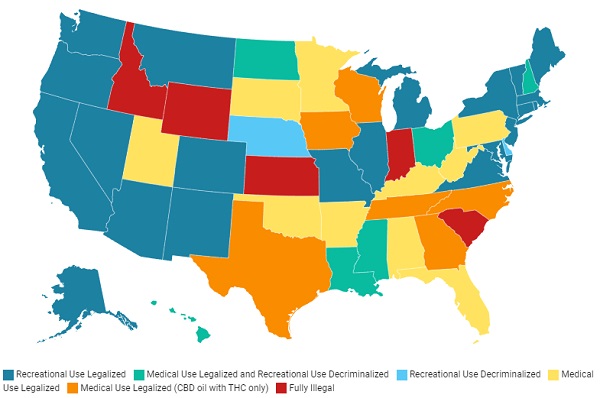
The legal status of marijuana-derived THC-O and THCP is uncertain and varies by jurisdiction. In the United States, for example, marijuana is classified as a Schedule I controlled substance under federal law, meaning that it is illegal at the federal level.
Some states have legalized marijuana for both medicinal and recreational use, while others have only legalized it for medicinal use. In states where marijuana is legal, it may be possible to legally produce and sell marijuana-derived THC-O and THCP. However, it’s important to note that the legality of these compounds may still be subject to regulation by state and local authorities.
Is THC-O or THCP better for sleep?

It’s still too early to definitively say which cannabinoid, THC-O or THCP, is better for sleep. However, some users report that using THC-O is generally better for sleep than THCP. THC-O targets CB1 receptors in the brain and boosts GABA production to promote a healthier sleep-wake cycle.
GABA is a special inhibitory neurotransmitter that controls nerve cell hyperactivity, slows the brain down, and helps induce a sense of calm.
Which is better THC-O or THCP for anxiety and stress?
It is currently unclear which cannabinoid, THC-O or THCP, is better for treating anxiety and stress. While some users have reported using these compounds to alleviate symptoms of anxiety and stress, more research is needed to understand their effects on these conditions.
Safety concerns surrounding THC-O and THCP
THC-O and THCP are relatively new and understudied cannabinoids, and as such, their safety profile is not well understood. While early reports suggest that these compounds may have similar effects to delta-9-THC, the primary psychoactive component of the cannabis plant, there are some potential safety concerns that users should be aware of.
- One potential concern is the potency of these compounds. THC-O is believed to be more potent than delta-9-THC, and some users have reported longer-lasting and more intense psychoactive effects, which could potentially lead to adverse reactions. Similarly, THCP is believed to be up to 30 times more potent than delta-9-THC, which could increase the risk of adverse effects.
- Another potential concern is the lack of regulation and quality control surrounding the production and sale of these compounds. Unlike delta-9-THC, which is regulated and tested in many states where marijuana is legal, THC-O and THCP may be produced and sold without standardized testing and labeling requirements, which could potentially lead to variations in potency and quality.
- Additionally, the long-term effects of THC-O and THCP on the human body are not well understood. While early reports suggest that these compounds may have similar effects to delta-9-THC, it is still unclear whether they may have unique or additional health risks.
How do THC-O and THCP compare to other upcoming cannabinoids?
Compared to CBD
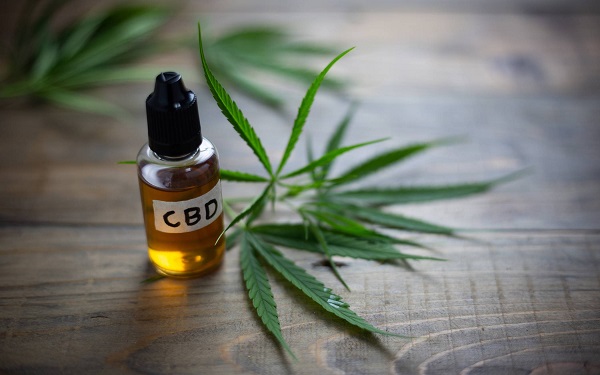
THC-O and THCP are cannabinoids found in the cannabis plant, while CBD (cannabidiol) is another cannabinoid that has gained popularity in recent years for its potential therapeutic effects. While THC-O and THCP are both psychoactive cannabinoids that can produce euphoric and intoxicating effects, CBD is non-intoxicating and does not produce a “high.”
In terms of potential therapeutic effects, CBD has been studied for its potential to reduce inflammation, alleviate pain, and reduce anxiety and depression symptoms, among other things. THC-O and THCP are much less studied in comparison, and their potential therapeutic effects are not well understood. However, some users have reported using these compounds to alleviate symptoms of anxiety, stress, and pain.
Another important difference between CBD and THC-O/THCP is their legal status. CBD derived from hemp (cannabis plants with less than 0.3% THC) is legal under federal law, while THC-O and THCP are not explicitly legal in many states and countries. This is because they are not as well studied as CBD and may have more potential for abuse and addiction.
Compared to CBN
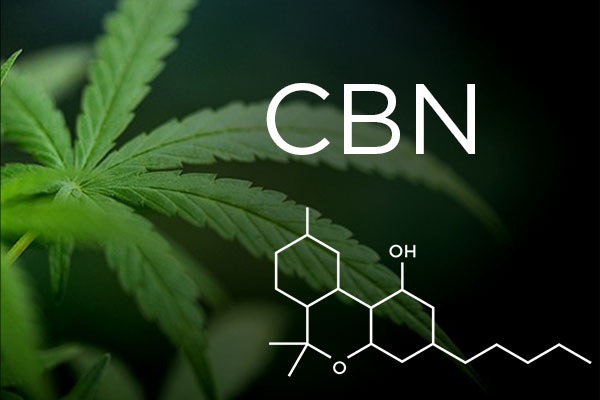
CBN is a non-intoxicating cannabinoid that is believed to be a breakdown product of THC that occurs naturally as the plant ages. It is typically present in lower concentrations in cannabis than THC, but it has gained attention for its potential effects as a sedative and sleep aid. CBN is also being studied for its potential anti-inflammatory and pain-relieving properties.
THC-O and THCP, on the other hand, are both psychoactive cannabinoids that can produce euphoric and intoxicating effects. THC-O is believed to be more potent than delta-9-THC, the primary psychoactive component of the cannabis plant, while THCP is believed to be up to 30 times more potent than delta-9-THC. However, the potential therapeutic effects and risks of these compounds are not well understood due to limited research.
It’s important to note that the legal status of these compounds also varies. CBN is legal under federal law and is not a controlled substance, while THC-O and THCP are not explicitly legal in many states and countries due to their potential for abuse and addiction.
Conclusion
THC-O and THCP are two relatively new cannabinoids that have gained attention for their potential potency and unique effects. However, the potential therapeutic benefits and risks of these compounds are not well understood due to limited research, and their legal status is not explicitly clear in many states and countries.
It’s important to approach these compounds with caution, as their effects on the body and potential for abuse and addiction are not well understood. Additionally, it’s important to consult with a healthcare provider before using these compounds, especially if you have any underlying medical conditions or are taking medications that may interact with these compounds.

